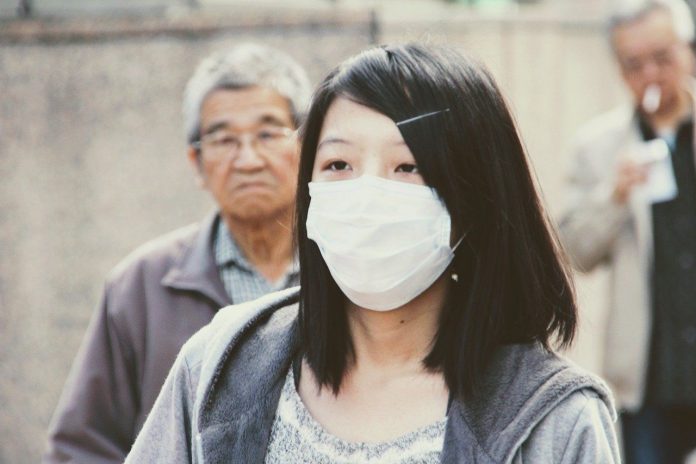Travel’s recovery depend on control of the coronavirus with positive news on vaccines generating “not very much” interest in flying and bookings “exceptionally weak”.
That is the view of Iata chief economist Brian Pearce, who said: “We’ve seen no improvement in international markets really for the last three months.”
He said the debt carriers have been forced to take on will be “a considerable burden” and warned: It could certainly trigger failures.”
Pearce said: “The news on vaccines has been very encouraging. It does mean light at the end of the tunnel, but we’re still in the tunnel and there is some way to go to get out of it.
“In October, there was a further slowdown of the muted travel recovery we saw in the summer.
“Domestic markets are still expanding but at a slower rate and are at about 40% of where they were last year. International markets have been flat-lining. Traffic is still almost 88% down on last year.”
He said: “The international situation is dire, with load factors below 43% and deteriorating.
“Even in domestic markets we see huge contrasts. In October, China’s domestic market was down fractionally on last year. The US and Australian markets are pretty disappointing. The Russian market, which had fully recovered in the summer, has seen a surge of coronavirus.
“A lot of the relative success can be explained by controlling the coronavirus.”
Pearce argued: “Covid-19 is proving difficult to control ahead of vaccines. This has been the main issue behind the poor recovery in air travel. The virus has been very difficult to get under control.
“Travel restrictions remain very high. Most international markets remain exceptionally weak.
“The relaxation of UK quarantine requirements boosted bookings [and] the vaccine is very good news, but it has not yet transformed travel restrictions.
“It has generated some interest in flying, but not by very much. Forward bookings are still exceptionally weak.
“For the period December 15 to January 10 we would normally see 63% of tickets sold four weeks before travel, but bookings are 80% down against 2019.
“We doubt we’ll get a significant improvement in travel until the second half of next year. Meanwhile it is going to be a tough winter. We’re going to need help in stimulating markets and supporting airlines.”


























